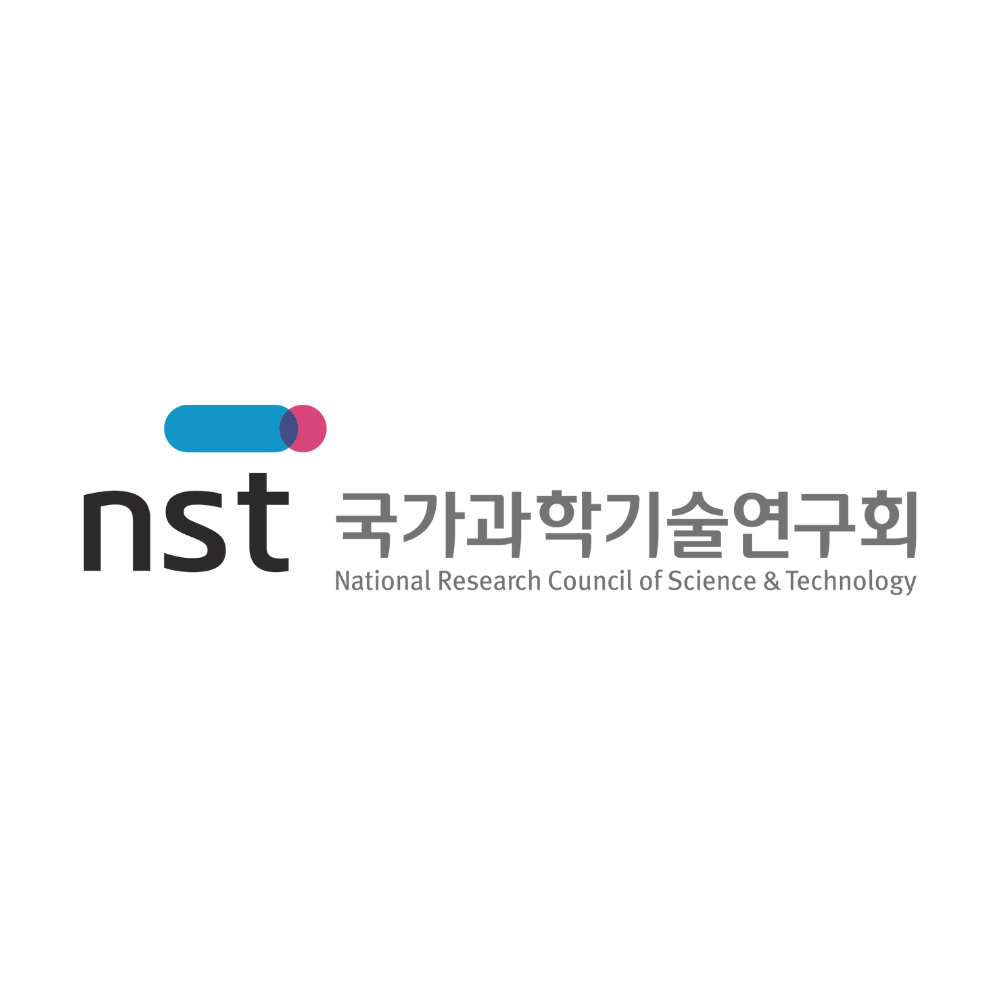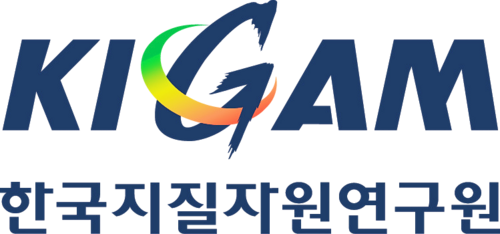The Korea Institute of Geoscience and Mineral Resources (KIGAM) conducts fundamental and applied research in geology, geochemistry, geophysics, and materials science, aiming to translate earth science knowledge into sustainable technologies for energy, resources, and the environment.
The South Korea Mobility Program offers data science talents the opportunity to spend up to three months at KIGAM in Daejeon. They gain access to advanced geoscience facilities, remote sensing data, and extensive resource databases for interdisciplinary projects of high scientific relevance.

About NST
National Research Council of Science and Technology (NST)
The National Research Council of Science and Technology (NST) currently brings together 23 leading research institutes active in a wide range of fields – from materials science, biotechnology, and energy to space exploration, robotics, and information and communication technologies. It coordinates their strategic direction, fosters synergies among the institutes, and supports the government in shaping research and innovation strategies.
In doing so, NST plays a key role in advancing scientific excellence in areas of societal relevance and in transferring technological innovations to industry and society. In addition, it strengthens the international networks of Korean research and enables joint projects with leading research organizations worldwide.
KIGAM’s research covers a wide range: from mineral resource exploration and characterization, to CO₂ storage technologies, to the analysis of geohazards. Particular emphasis is placed on sustainable resource utilization, energy storage in geological formations, and climate adaptation.
The institute also conducts applied research on the development of mineral-based materials, the optimization of geothermal energy systems, and the use of remote sensing for environmental monitoring. International collaborations, especially in Asia and Africa, extend the applications of its research and reinforce its role in global geoscience.
Research priorities:
-
Mineral and resource research – geological exploration, processing, and sustainable use of resources.
-
Geohazards and climate adaptation – seismic analysis, landslide modeling, and resilience strategies.
-
Geothermal energy and CO₂ storage – technologies for renewable energy and geological sequestration of carbon dioxide.
-
Geochemistry and material development – study of mineral systems for new materials and environmental applications.
-
Remote sensing and data science – use of satellite imagery, AI, and big data to analyze geological processes.
Contact
Contact
You may contact the following researchers regarding a research stay. Please note that this is only a selection. You are also welcome to independently look for potential hosts within the institute and discuss a possible stay with them.
Dr. Jihoe Kwon
Head of the AI-integrated Geoscience Lab
KIGAM's expertise in the field of Data Science and AI
- Development of a GeoAI platform for the utillization of AI in geoscience and mineral resources
- Development of a smart solution to cope with complex urban geohazards
- Exploratory Development of a LLM in the fields of geoscience and mineral resources
- Development of Smoothed Particle Hydrodynamics (SPH) GUI simulator
- Development of customized earthquake experience technology Using VR / Motion Hybrid System
How to Apply
- Step 1: Contact a research group at one of the NST member institutions to discuss the possibility of a three-month research stay.
- Step 2: Submit your application through HIDA
- Step 3: Applications are reviewed by a selection committee, and you will be notified shortly thereafter.
You can find more details about the application process under following link!
Contact
If you have any questions about the South Korea Mobility Program or our other research stay offerings, please don’t hesitate to contact us at any time.

Stefanie Gruber-Sliva
Networks & Mobility Program Manager
Contact







